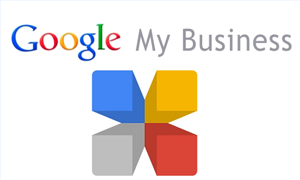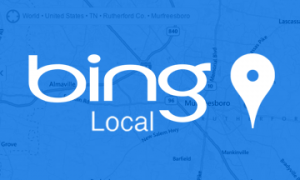- SEO
- 11.16.2015
3 Best Practices for Local SEO
Google My Business & Bing Places for Businesses


The first thing you should do is make an account for Google My Business and Bing Places to verify your local business. All you need to do is give these sites the name of your business, the address, phone number, and some basic info (NAP). This will ensure that you will show up when anyone in your area searches for your business.
This will also help you show up in the “local pack.” Whenever someone searches for local businesses that offer products/services such as yours, you all appear. For example, if you are an apparel retail store in Seattle and someone in the area searches for “apparel retailer,” you will show up in that local pack. Your local pack ranking is based on the proximity of your address to the location of the user that’s doing the searching. Making sure your site is optimized for search engines along with good customer reviews will also help with local pack results a lot!
Consistency
Make sure that all directory listings (i.e. Yelp, Yellow Pages, WhitePages, etc...) have the exact same name, address, and phone number. If there’s a discrepancy between two or more of your directory listings, you’ll appear lower and lower on search results, and may be dropped altogether, because search engines won’t be able to judge the validity of your business.
This is especially important if your business has changed its name or address; directories won’t update that information for you. You need to contact them and let them know that they need to change everything to your business’s current information. It’s not hard to do, and it should only take a few minutes per directory. If all of your information is the same on every directory and social media site then search engines will know that you’re a real business, and they’ll make sure to direct customers your way.
Be Local
Make sure that everything you’re doing on your website has to do with your area of business. If you’re an apparel retailer in Seattle, make sure that plenty of your URLs end in “-seattle-wa.” For example, if you’re publishing a blog about summer styles, your URL should look something like this:
www.clothingstore.com/blog/trendy-summer-styles-seattle-wa/
This way, when search engines are crawling your page, they will see that your site relates to Seattle, so whenever someone in Seattle (or if Seattle is part of the search term) searches for clothes you’ll rank higher in the results.
A warning though, don’t overdo it. If every URL has your local area listed in it, you’ll start to appear as spam and your site may be penalized. To avoid penalties, make sure that only things that pertain to your local area have the localized URL. Product URLs and other individual pages shouldn’t have your local area listed within them, unless the page/product really has something to do with your local area.
If you have any questions about Local Search Engine Optimization & Web Development or think you need further assistance with optimizing your website, don’t hesitate to contact us or give us a call at 206-528-2515 any weekday from 9 AM - 5 PM.